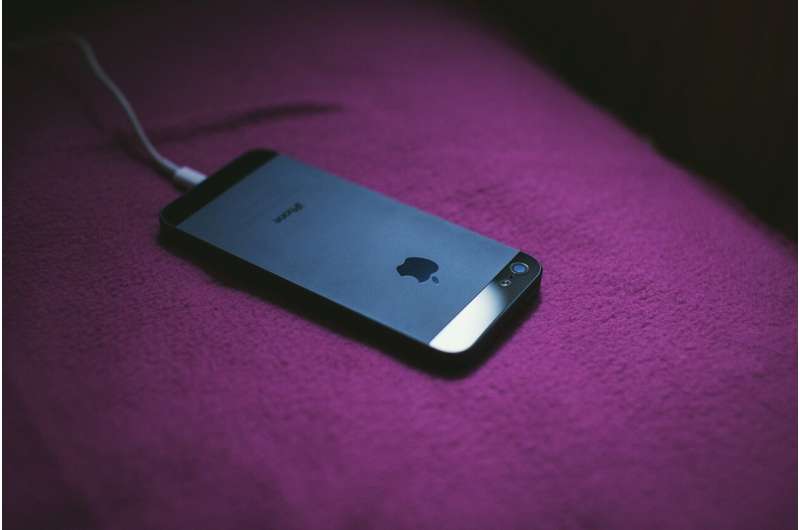Apple iPhone may have to switch to USB-C in Europe. What does that mean for your smartphone in the US?

As European consumers may soon be able to use just one charger for all mobile phones and tablets, the question looms: Will your iPhone here in America also soon get a USB-C connector?
The European Parliament approved Tuesday a law requiring a uniform charging cord for all smartphones and mobile devices, which would force companies like Apple to ditch their unique chargers. (Looking at you, Lightning ports.)
The new rules would require all mobile phones, tablets and cameras sold across the European Union's 27 member states to feature a USB-C charging port by the end of 2024 and would extend to laptops in the spring of 2026.
The guidelines were provisionally agreed upon in June and still need the final approval from EU member states before becoming official.
Here's what you need to know about the cable reform:
What did the EU decide?
The new rules would make the USB-C port the new standard for portable devices sold in the EU, meaning consumers will be able to use a single charger for small and medium-sized portable electronic devices.
The rules, which have been more than 10 years in the making, aim to reduce electronic waste and help relieve the financial burden on consumers. The European Commission estimated that switching to a single charger would save about 250 million euros (roughly $247 million) per year for consumers.
"The common charger will finally become a reality in Europe," Alex Agius Saliba, a member of the European Parliament, said in a press release. "This future-proof law allows for the development of innovative charging solutions in the future, and it will benefit everyone—from frustrated consumers to our vulnerable environment."
Can Apple chargers be used in Europe?
The law would effectively force Apple to switch its proprietary Lightning charger to USB-C on iPhones.
Apple's current iPad models and MacBooks are already equipped with a USB-C port.
"If Apple wishes to maintain its market in Europe, it will need to change the design of iPhones, iPads and even AirPods and similar solutions because the current design does not allow for a seamless transition into this USB-C domain," said Vahid Behzadan, an assistant professor of computer and data science at the University of New Haven.
While enforcing a single physical connection for charging or data transfer may be convenient for users, Behzadan said, it "may limit the space of innovation and new solutions."
The tech giant had previously expressed concern that the rules would limit innovation and hurt consumers. Bloomberg reported in May that the company was testing iPhones with a USB-C port.
Ben Wood, chief analyst at CCS Insight, said the EU Parliament's approval made it "inevitable" that Apple's iPhone 15, expected to be released in 2023, will have a USB-C port.
"This is a victory for common sense," Wood said in a statement. "Although Apple has a huge installed base of lighting cable powered devices, the ubiquity of USB-C across all consumer electronics products means that harmonizing on USB-C makes perfect sense."
So what does this mean for the US?
Although the new regulation would not directly apply to the United States, Behzadan said, updated Apple products may reach the U.S. market if the company decides to change its devices to comply with the European law.
For iPhone users who may have to ditch the Lightning charging cables, this may not be a huge loss, as USB-C is stronger, Behzadan said.
"The users who may need to switch from a Lightning-enabled device to a USB-C enabled device will not be losing anything on the technical side they will they may even gain enhanced capabilities in terms of data transfer and charging," Behzadan said.
After the EU agreed on the new rules in the summer, three U.S. senators called on the government to adopt a common charging standard.
In a letter sent to Commerce Secretary Gina Raimondo, Senators Bernie Sanders of Vermont and Elizabeth Warren and Ed Markey of Massachusetts urged the agency to develop a plan to address the lack of a universal charger, noting costs for consumers and build up of e-waste.
"The EU has wisely acted in the public interest by taking on powerful technology companies over this consumer and environmental issue," the Democratic lawmakers wrote. "The United States should do the same."
(c)2022 U.S. Today
Distributed by Tribune Content Agency, LLC.





















